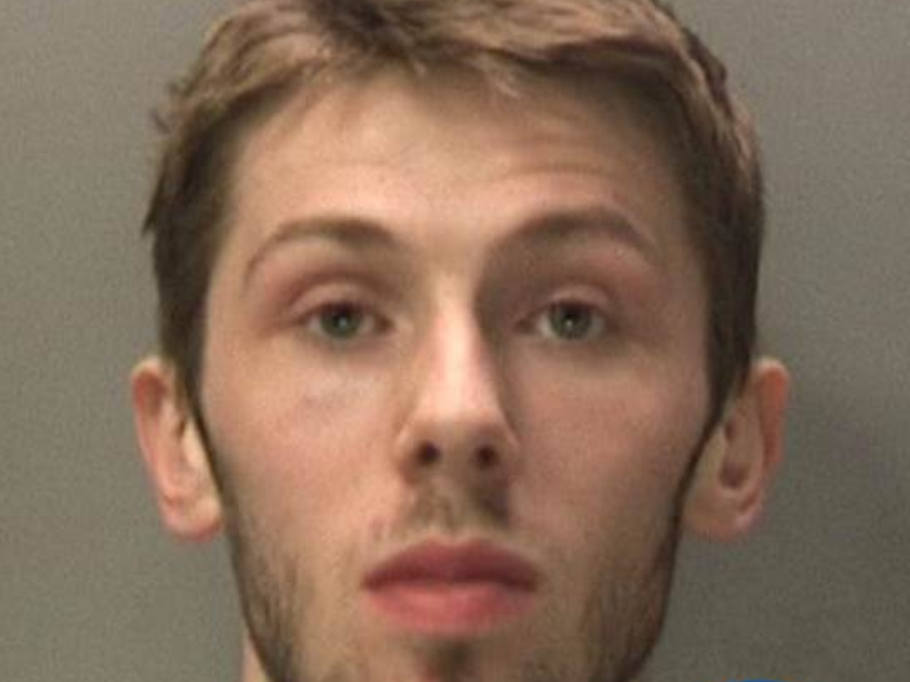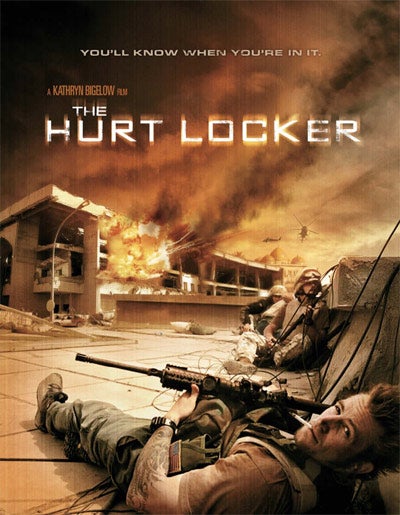Experimenting with explosives can be legal, Supreme Court rules after autistic man charged with terror offences
Chez Copeland developed explosives at home because of 'obsessive interest' with military, court hears

Experimenting with explosives can be legal, the Supreme Court has ruled after an autistic man was charged with terror offences.
Chez Copeland, now 22, had been making explosives at his Coventry home after developing an “obsessive interest” with the military and bomb disposal, the court heard.
He was arrested during a police raid in April 2018 that saw surrounding houses evacuated as his stockpile was safely detonated.
Copeland was initially charged with offences including six counts of possessing information likely to be useful for an act of terrorism.
But a judge formally cleared him of the terror charges after the Supreme Court found such experimentation can be legal.
Delivering its majority judgment on Wednesday, Lord Sales said: “As a matter of law, personal experimentation and self-education are lawful objects.”
A trial judge initially ruled that Copeland could not use that as a defence and the Court of Appeal dismissed his appeal.
But the Supreme Court was then asked to rule on the matter as a “point of general public importance”.
Appearing at Birmingham Crown Court last week, Copeland admitted the lesser charges of owning a stun gun and acquiring an explosive without a certificate.
The Crown Prosecution Service offered no evidence against him in relation to two offences of making and possessing explosives, and six charges of collecting information likely to be useful to a terrorist.
Judge Mark Wall sentenced him to one year and 10 months in jail but he was released because he had already served the time on remand at maximum security prisons.
The Supreme Court’s ruling sets a precedent for future terror cases, where other defendants may attempt to use “experimentation” as a defence.
The court heard that Copeland has no previous convictions and was diagnosed with autism spectrum disorder as a child.
He was living with his mother in a terraced house in Coventry when he was arrested, and had been using a garden shed as a laboratory where he made a small quantity of HMTD explosive.
Judges said the amount possessed only risked “insubstantial injury or damage” but that Copeland had previously used other chemicals to make explosive substances, as well as initiators and remote detonators, while filming tests on his mobile phone.
HMTD was found the shed and Copeland’s bedroom, where his computer contained explosives manuals and videos.

When interviewed, Copeland told police that he had an obsessive interest in the military since a young age and became interested in bomb disposal after watching the film The Hurt Locker about a US bomb disposal unit in Iraq.
He said he wanted to join the armed forces himself, but was unable to because of his autism diagnosis, and engaged in roleplay.
“The condition of Autism Spectrum Disorder has manifested itself in interests and hobbies becoming obsessional and, in the context of explosives, an obsessional need to understand how explosives work,” the Supreme Court’s ruling said.
Several recent terror cases have seen autistic defendants giving lengthy prison sentences for terror offences, including for planning attacks, after they accessed large amounts of extremist material online.
His lawyers said he has Asperger’s Syndrome and that the Supreme Court’s judgment was a “significant ruling” for others.
They said that while making the explosives, Copeland was “dressed in full military uniforms and play-acting being a member of specialist armed forces”.
Copeland lived with his mother and rarely left the home, his lawyers said, and has no allegiance to any political, religious or terror group.
His solicitor Graeme Hydari, a partner at Hodge Jones and Allen, said: “Chez is a quiet non-violent young man with Asperger’s Syndrome who lives a socially isolated life because of his condition. He is very vulnerable himself.
“Unfortunately, his obsessive interest in all things military and explosives, including how to make them, resulted in him coming to the attention of counterterror police.
“Autism is not in itself a defence to criminal charges, but the condition can be an explanation for behaviour which may amount to potentially criminal acts, even though the autistic individual has no such thoughts or intentions.”
Three Supreme Court judges, including president Lord Reed, supported Wednesday’s judgment, while two dissented.
Lord Lloyd-Jones and Lord Hamblen argued that personal experimentation and private education could not be a defence unless someone could prove they were going to use the explosives lawfully.
They said Copeland’s actions created an “obvious risk of causing injury, damage to property, and a public nuisance”.
